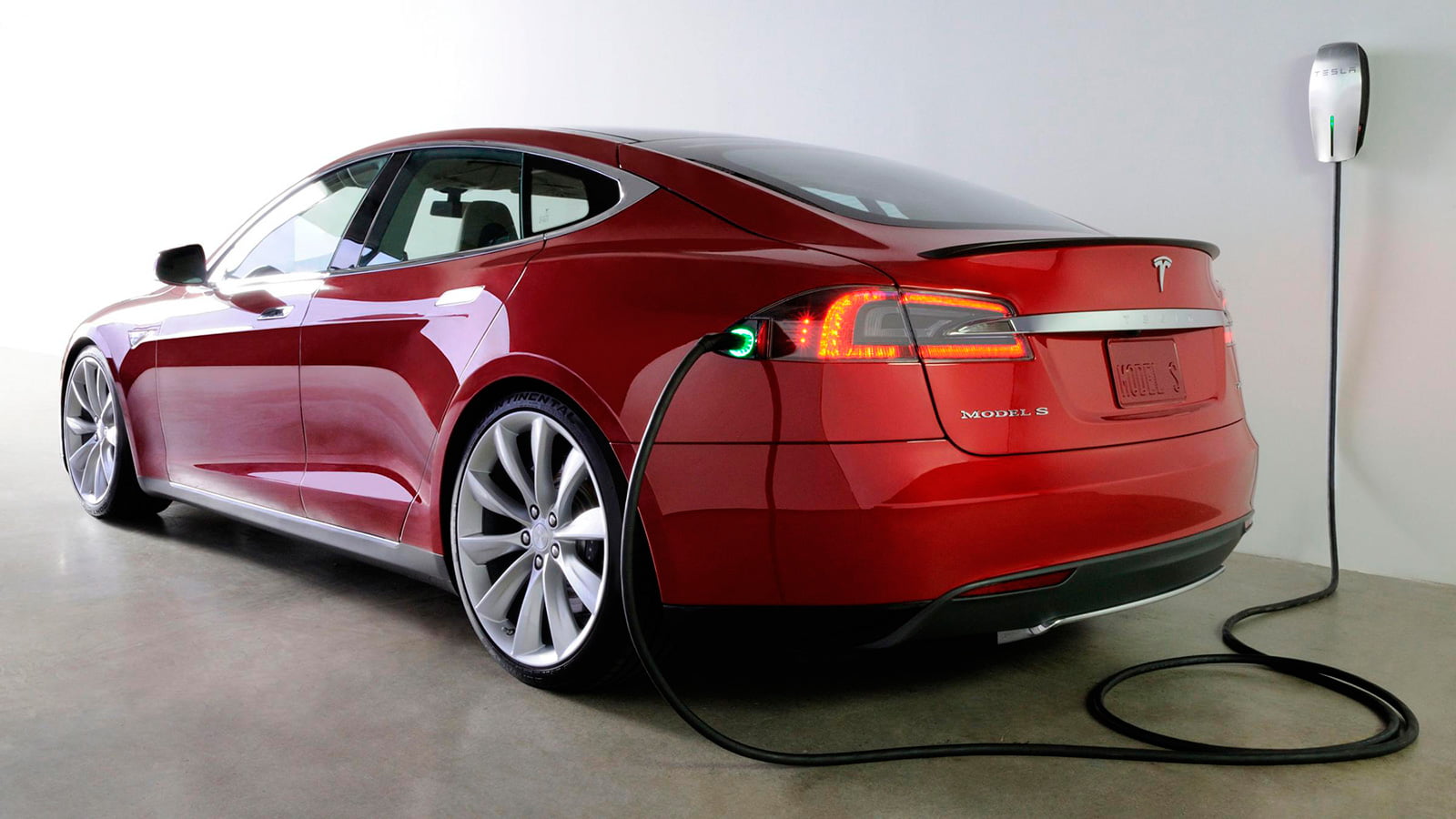
The ongoing conflict with Russia’s invasion of Ukraine has resulted in international sanctions that are constricting the country’s oil exports, sparking concerns about a potential surge in gasoline prices. However, amidst these challenges, the growing adoption of electric vehicles (EVs) has emerged as a positive factor, helping to mitigate the impact on global oil demand.
A recent analysis conducted by Bloomberg New Energy Finance (Bloomberg NEF) revealed that electric vehicles, particularly plug-in models, played a significant role in averting approximately 1.5 million barrels of oil consumption per day in the previous year. This notable reduction accounts for roughly one-fifth of Russia’s oil exports before the invasion, underscoring the substantial contribution of EVs to oil demand mitigation.
Moreover, the analysis highlighted a noteworthy trend of increasing oil avoidance by electric vehicles, with the amount doubling since 2015. Electric vehicles now represent around 3% of the global demand for oil, showcasing their growing impact on the energy landscape.
While electric cars typically grab the spotlight, Bloomberg NEF’s findings underscore that a considerable portion of oil avoidance comes from other types of electric vehicles. Notably, electric two and three-wheelers, which are particularly popular in Asian markets, accounted for a significant 67% of the oil demand avoided in 2021.
This impact on oil demand extends across various vehicle types, with electric buses contributing to 16% of the avoided oil demand, closely followed by electric passenger vehicles at 13%. The latter category, encompassing traditional four-wheeled automobiles, stands out as the fastest-growing segment, indicating a rising trend toward electrification in the automotive sector.
While the absolute volume of displaced oil demand remains a relatively modest fraction of the global market, these findings align with earlier predictions suggesting that electric vehicles could play a disruptive role in the energy landscape. A 2017 forecast by research firm Wood Mackenzie had anticipated the potential for electric vehicles to become a significant disruptor in the oil industry. Additionally, broader analyses have posited that the continued growth of electric vehicles may eventually erode the influence of traditional oil giants.
Nevertheless, it is crucial to contextualize these insights. Despite the steady advancement of electric vehicles, reductions in emissions have not necessarily kept pace with initial projections. The International Energy Agency’s 2021 report emphasized that emissions reductions from electric vehicles were partially offset by increased emissions resulting from a shift toward larger, less fuel-efficient SUVs.
Moreover, while electric vehicles are transformative in the context of energy transportation, they may not singularly precipitate a dramatic decline in oil prices. As highlighted by research firm Navigant in 2016, the relationship between automotive industry trends and oil prices is influenced by a multitude of factors, including regulatory standards for fuel efficiency in traditional gasoline vehicles and the emergence of disruptive technologies such as autonomous driving. A comprehensive understanding of these dynamics is essential to formulating a holistic perspective on the evolving energy landscape.







